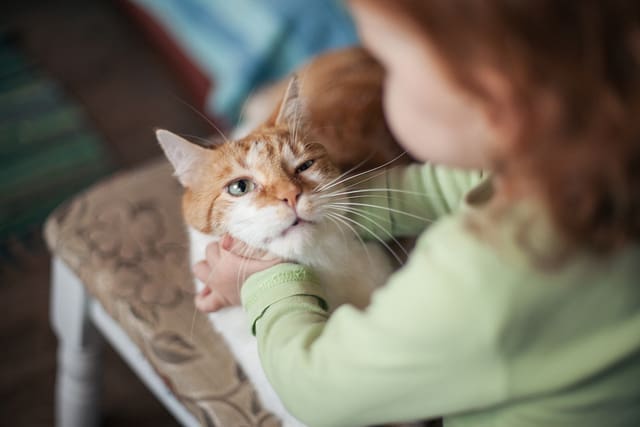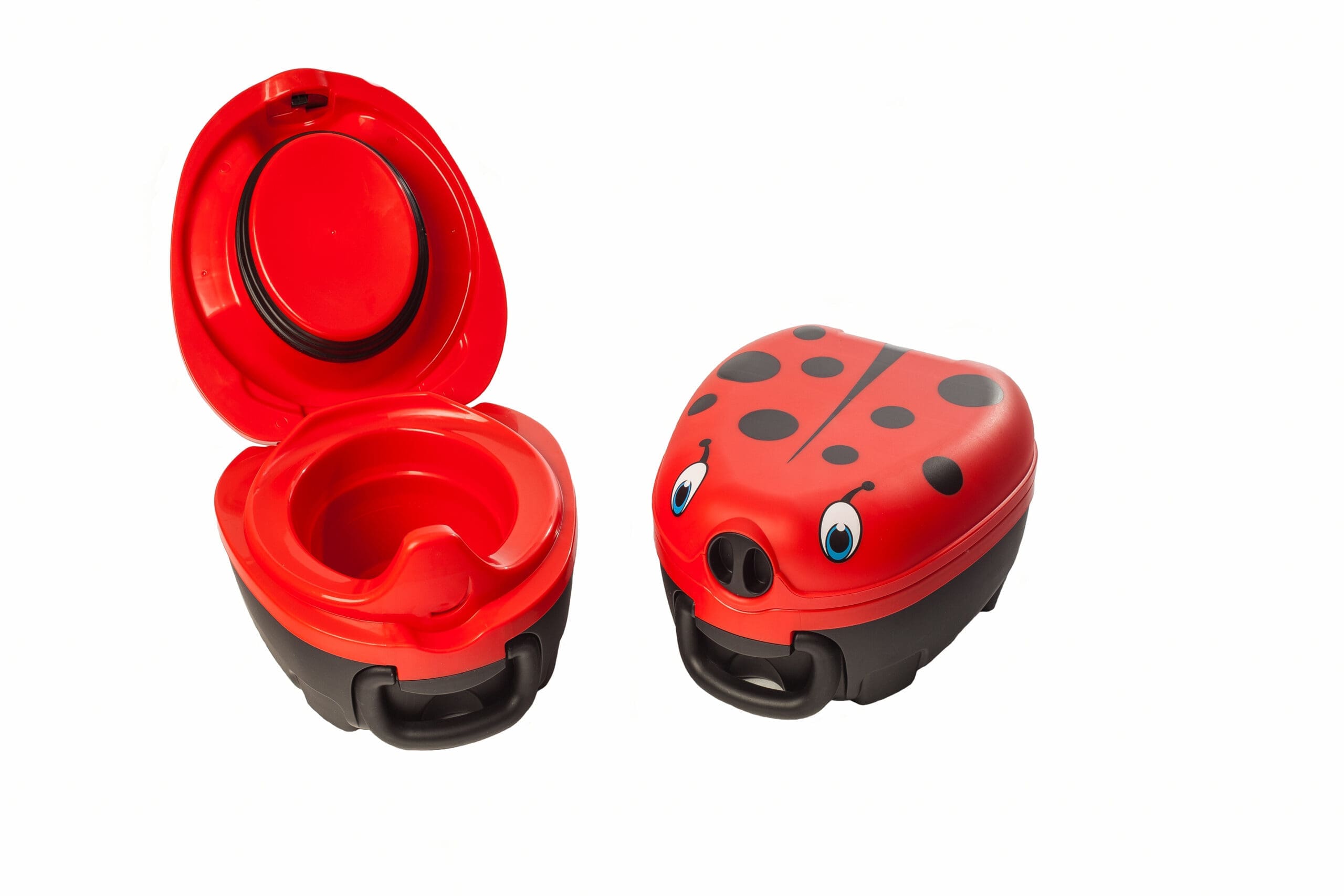Pets And Children: 4 Important Safety Tips
Having a pet as part of your family is a wonderful thing. Our furry friends bring us many benefits. You and the children will spend more time outdoors and being physically active because of them. Pets can teach your children lessons like respect, care and responsibility and important life skills like social and emotional skills. As well as all of that, they are fun, adorable and give your family unconditional love.
When bringing animals into your family home, it inevitably raises safety concerns. You might have worries about illness, infection and aggression, especially if you have very young children. However, if you take time and care to find the best pet for your family, there is nothing stopping you all from enjoying a happy and beneficial relationship with your animal.
Here are some useful safety tips to be aware of when you are choosing and living with a family pet.
- Be realistic about your situation
One of the biggest mistakes that parents make when getting a family pet is that they buy on impulse. This is usually because the animal looks at them with “take me home” eyes or because their children are pleading with them to buy or adopt it. When the animal grows up, the family realise the extent of the commitment that they have gotten themselves into, and if they can’t cope, they may end up having to give the pet away. This situation should be avoided as much as possible as it’s very unfair on the animal, and on your family.
Before you even begin to discuss which kind of pet your family would like to live with, think about your lifestyle. Be realistic about how much time, effort and money you are willing to give to the pet. You should be looking for a pet that fits in well with your situation. Not giving a pet the level of care and attention they need could lead to them becoming ill and potentially infectious or depressed and potentially aggressive.

- Choose the right pet for your family
Dogs are the most popular pets with families. But there are so many different canine breeds, all with their typical characteristics, which can make it difficult to choose the right one for your family. You should do your research into types of dog thoroughly. There are some canines that are generally considered to be unsuitable for a family with infants. These include dogs that have been bred to be fighters, like Pit Bulls, and very large breeds like Dobermans and Great Danes. However, there are plenty of other breeds, like Labradors and Beagles, which are family favorites.
There are other pets that are generally considered to be unsafe if you have young children. These include reptiles and rodents. This is because of their potential to spread bacteria which infants can be more susceptible to picking up.
No matter which pet you are considering for your family, do your research thoroughly so you can make an informed decision.

Image from Flickr.com
- Take very good care of your pet
To avoid the spread of infections, it is important to look after your pet very well. If you have a cat or dog that spends a lot of time outside, it is common for them to pick up fleas, worms and ticks. Preventative treatments for these common conditions can be purchased from online stores like www.petfleas.co.uk. These should be administered regularly. This will mean that you are preventing potential infections rather than treating them after they have occurred.
You should also take your pet to the vet for a check-up at least twice a year, but more frequently if they suffer from a particular condition. You must also book an appointment with the vet whenever you suspect something is wrong with your pet. The vet will be able to detect if there are any problems that could be harming your pet and which could have an effect on your family.
As well as medical care, pets also require lots of love and affection. It’s common for pets to feel neglected when a new baby is brought into the family, and they are no longer the centre of attention. For this reason and many others, animals can become bored or unhappy, and they may be prone to lashing out in frustration. Therefore, it is necessary for the wellbeing of your family and your pet that you give them plenty of attention.
- Learn about safe pet and child interaction
Young children and popular domesticated pets like cats and dogs, tend to form a special bond. However, whether they hit it off or not, it is crucial to be aware of how to maintain a safe relationship between your child and your pet. If you don’t do this, it could end in an accident.
Your child and your pet will probably be very excited to spend time with each other. But this can lead to jumping, rough playing and loud noises, all of which could potentially lead to an injury. Therefore, you should take measures to avoid this as soon as possible. Young children should be supervised when spending time with pets, especially when they are getting to know each other. On the one hand, you should train your pet to be gentle with this little human being. Give them plenty of praise and encouragement when they do this. And on the other hand, you should teach your child that their furry companion is not a toy and that they must treat him or her in a gentle and calm manner.
Of course, safety concerns arise when you bring an animal into your home. But, if you do your research well, take great care of your pet and their relationship with your kids, you will be taking a responsible approach towards these concerns. Once you’ve taken these measures, your family can just concentrate on having fun with your furry friend.
Do you have any pet and children safety tips that you would like to share?





3 Comments
KATE SARSFIELD
Well done Connie! It’s so important to be realistic about what you’re letting yourself into. We had until a couple of years ago the most wonderful cat I’ve ever known: MeToo, named after a child in Mum’s class who always raised his hand ” and me too, Lyn”! A pedigree Siamese & VERY vocal, he was originally bought as a companion for a child with autisim. They meant well, but it didn’t work out and we were approached by the Cat Rescue Society of Ireland (sounds very grand!) and asked if we wanted another cat! He lived with us for 19 years, sang with us around the piano and generally ruled the roost!
Tamra Phelps
Before you take home a pet, you need to see it interact with kids. For instance, we had a dos that was half Doberman/half German Shepherd. You might think he would be fierce. Instead, he was a big over-grown baby, lol. When a stray cat had kittens in our garage, & later left & didn’t come back (after about a month; we think something happened to her because that’s not like mama cats), our dog made himself the protector of those kittens! You just never can tell.
Carol S.
This is one subject that can’t be said enough times. To many people take it for granted that “nothing will happen”, they will adjust fine in time. There are many things that need to be taken into consideration before adopting a pet of anykind. Then there is the the ongoing expense of food and vet care. Thank you for posting this, it is a subject that needs constant reminding to everyone.